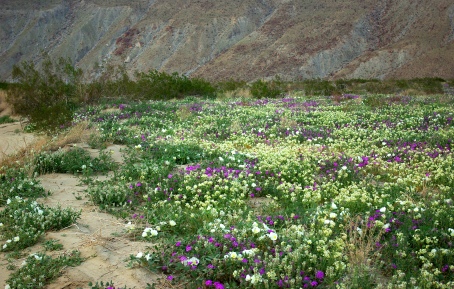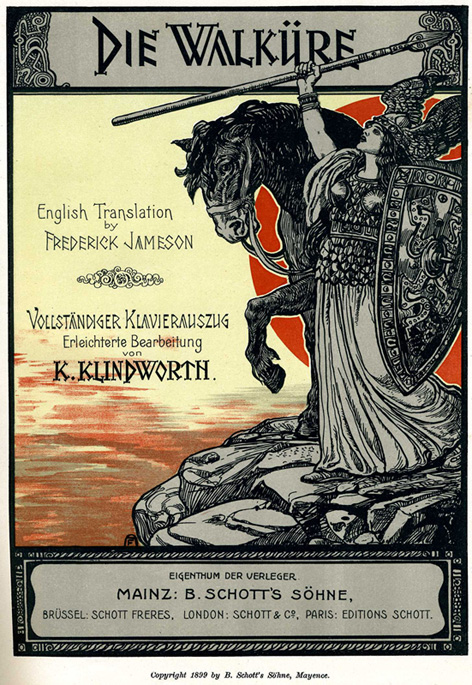
It's Spring Break, we just got a bunch of new snow, and the kids are relishing their mini vacation: a full week of sleeping in every morning, goofing around with each other, skiing, sledding, and generally enjoying the absence of structured school days. But do they ever wish they were home-schooled?

Alaska has a fairly high percentage of homeschooled children -- due in part to remoteness, rugged individualism, religious freedom issues, or perhaps because the state has some of the most lax rules (See ADN
Homeschool: Making the Grade?). In fact, there is even a whole "unschooling" movement which believes in child-centered learning (
see more here).
I've been wondering,
is home-schooling good for children? This may seem like a loaded question -- but I don't mean to "attack". I just honestly wonder about home-schooling, and how these children fare later in life.
May I first of all say that all children should (and do) learn at home. Home/parents/family are a child's first and foremost influence in life, and hopefully, it's not only a loving environment, but also a place to learn. Children learn by watching parents, by playing, by helping (baking cookies, gardening, fixing the lawnmower)...
My children, as I said, are not home-schooled. Honestly, I've never even considered it. I grew up going to schools, public and private, in several different countries. Formal education was highly valued by my family, and by German society as a whole (in fact, Germany requires all citizens of a certain age, something like ages 6-18, to attend school, and it is illegal in Germany for parents to keep them at home). This is very different from the US, where over 2 million children are home-schooled.
At my job, I often meet home-schooled families, who seek out our nature education programs to complement their home studies. Some of the children are amazing: motivated, engaged, curious, and very sweet. Some seem poorly socialized, disruptive or extremely timid. Many seem poorly prepared, especially when it comes to math and science past about 5th grade -- yet others are little geniuses, bright and way ahead of their peers in public schools.
The parents of home-schooled children also vary widely. I've met wonderful parents who seem to be doing a great job and are very engaged in their children's education, even raising them bi-lingually (something I never did manage with my brood!). Yet I've also met a few demanding and unpleasant parents, who feel that their children are superior to regularly-schooled children, and demand special treatment (such as not having to pay or expect us to teach science without any mention of evolution)!
Why home-school? For some families it seems to be special circumstances, such as a handicapped child, and the parents fear that he/she will not be served well by the school system. Some families home-school on account of odd travel or work schedules, allowing fathers to spend more time with their children when they're home. For some, a bad experience (or even a parent's bad memory of their own schooling) leads to an abandonment of formal education. And of course, there are parents who have strong philosophical/religious reasons for wanting their children away from mainstream formal education -- in other words, sheltering their children from what they perceive is negative about the world at large.
Home-schooling takes tremendous dedication and patience. Families with several children are especially challenged to provide a good education for ALL their children -- sadly some of the older children seem to be getting less attention when the bulk of the effort shifts to the younger ones. Unless an older child is very motivated, big gaps in their education may develop. For example, I took a 17-year old home-schooler under my wing a number of years ago: she was very interested in biology and ecology -- but because she was given the freedom to only focus on what interested her (and that did not include physical sciences such as chemistry), she ended up with problems understanding basic biological processes. She did pursue a college degree, but it took her much more time to "catch up" and get up to speed -- making her college degree a longer, and much more expensive, pursuit (4 extra years meant, in effect, having to repeat high school in college).
One big concern I have for older home-schooled children is the lack of real-world experiences, especially in the social realm. They often lack social skills (and I'm not talking about manners -- in fact, they're usually plenty polite around adults). These children may have experienced group dynamics in Sunday School and summercamp settings, but they often lack experience in dealing with people outside their own social circles. They may be naive, never having had exposure to cultural or racial diversity, or meeting people who come from different backgrounds economically or culturally. And they can be clueless when it comes to dealing with interpersonal conflict, never having had much practice in dealing with such problems. I don't mean to imply that conventionally-schooled children are automatically more socially adept, but chances are they're more likely to have had a wider range of exposure and practice than highly-sheltered kids. Parents don't relish having to prepare their children to deal with bullies or other unpleasant people in life -- but sooner or later, we all are faced with them.

Home-school parents often have very strong personal views about religion, morality, etc. and they pass these to their children. Not that this is a bad thing per se-- a parent's job is to provide a moral compass and thus to give their children a strong foundation. But no matter how nice the parents are, as the children are growing into young adults, they do need more than just their parents' take on the world in order to be prepared for the real world, especially as they get older. Personally, I think this needs to start
before children enter their teenage years.
I think it's a disservice to limit ones' children exposure to the extend that they're lost when they do get out in the real world. I suppose that ultimately this is the biggest challenge of raising kids: preparing them for being on their own someday. Homeschooling parents may argue that there is no hurry in sending their children into the real world -- so I ask, when do they plan to let their children go & trust them to negotiate life on their own: at 20? at 30?
Which brings me to my biggest concern: that home-schooled children often lack something that I value very much:
critical thinking. If a person is never exposed to intellectual discourse during the course of their education, when/where will they learn it? Many home-schooled children probably get very little experience in debating different viewpoints, in listening to (and considering the merits of) other ideas. I wonder how many home-schooled children fall into one of two extreme camps as they get older -- either they end up strongly rebelling against everything their parents stand for, or alternatively, they adapt their parents' (pre-set) worldview as their own, unquestioningly, without a chance to form their own unique worldview?
So, here's what I wonder: Where do children learn openmindedness, tolerance, perspective?
I think it's best as a combination of home and school, or another way of saying that, it's got to be a combination of learning from parents and non-parents.
Isn't there some sort of saying somewhere about parenthood not being about raising a child as one own's, but rather that the child is on "loan" for only for a short while, but ultimately, the child never truly "belonged" to the parent.
I like to think that the prof (my husband) and I do a decent job of guiding our children through life -- and we strongly believe in spending a lot of quality time together -- but we do value formal education (we're educators/academics after all!). Despite the fact that we both have advanced degrees, neither of us feel adequately prepared to give our children a well-rounded education, especially at the secondary level (even if the prof and I had the sciences covered, read a lot of literature, speak another language and appreciate art and music, we still feel there's still a
great deal more to education).
I recently a discussion about homeschooling with the younger 2 children, and they both agreed:
"Even though you guys are both great teachers, we're so glad we get to go to regular school -- our lives are so much richer than if we'd been home-schooled."










